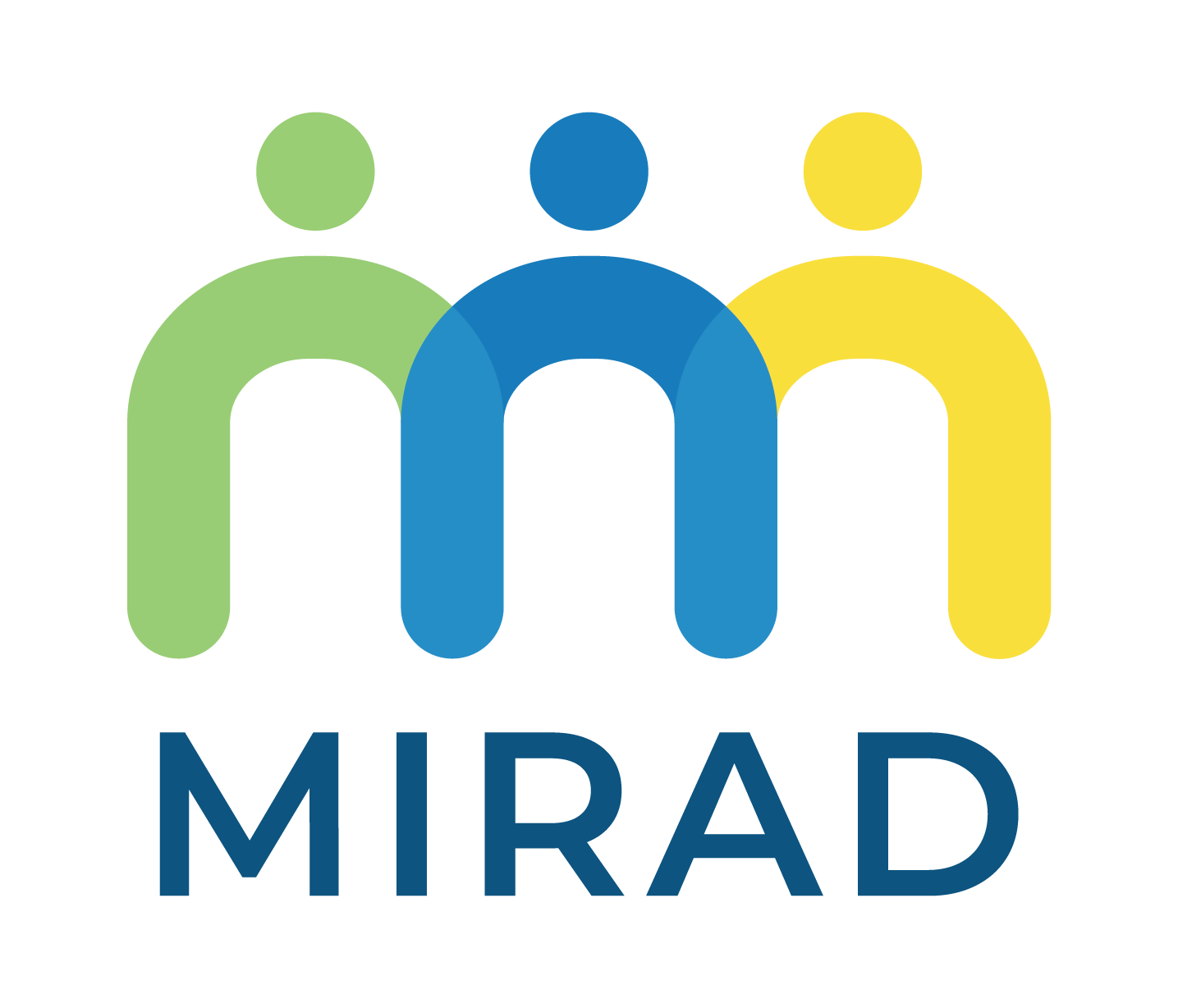Radicalisation and extremism are serious threats to modern societies. One of the ways of fighting it is prevention through risk assessment and multi-agency cooperation. This can be done by prison staff, probation officers, and civil society organisations, but requires special training. After a year of hard work, the MIRAD project’s Consortium is preparing to open such courses for practitioners.

To ensure the success of preventive and rehabilitative programmes, we need to prepare our practitioners to identify signs of radicalisation or violent extremism, assess the risk of individuals to these phenomena, and understand exit work and intervention principles. The ‘Integrated Approach to Radicalisation for Prison, Probation and Community’ is our answer to this need.
The ‘Integrated Approach’ has three main themes. First of all, it contextualises the phenomenon of radicalisation, enabling an understanding of its terminology, similar concepts, risk factors, and mechanisms. It also explores risk and needs assessment instruments in prison, probation, and community settings. And finally, it details the dynamic security, intervention principles and approaches, and exit programmes.
Additionally, the project offers a ‘Train the Trainer’ course, providing practitioners with the knowledge and tools to disseminate the training received to colleagues and peers within their organisations. This ensures the training of professionals while overcoming some of the obstacles faced.
This second programme addresses the Train-the-Trainer strategy, the essentials of effectively training criminal justice professionals, how to develop, plan and carry out a training session, and the specificities and programmes of distance-based training.

Please check here who can join the training and where to register
The MIRAD training also achieves something that is still lacking in the field of prevention of radicalisation and violent extremism, which is the evaluation of its initiatives and programmes. Namely, it establishes assessment procedures to understand the effectiveness of the training and trainees’ satisfaction.
The training is an e-Learning, self-paced course, available from anywhere, at any time, in five languages. This is very important considering the prison and probation contexts, such as the fact that correctional facilities are usually located in remote sites, thus requiring leaving the workplace or bringing outside trainers.
That is not all that will be prepared in this regard by the MIRAD project. In the future, innovative Virtual Reality training will be available for trainees who successfully completed the e-Learning course. We will talk more about this in the coming months.

